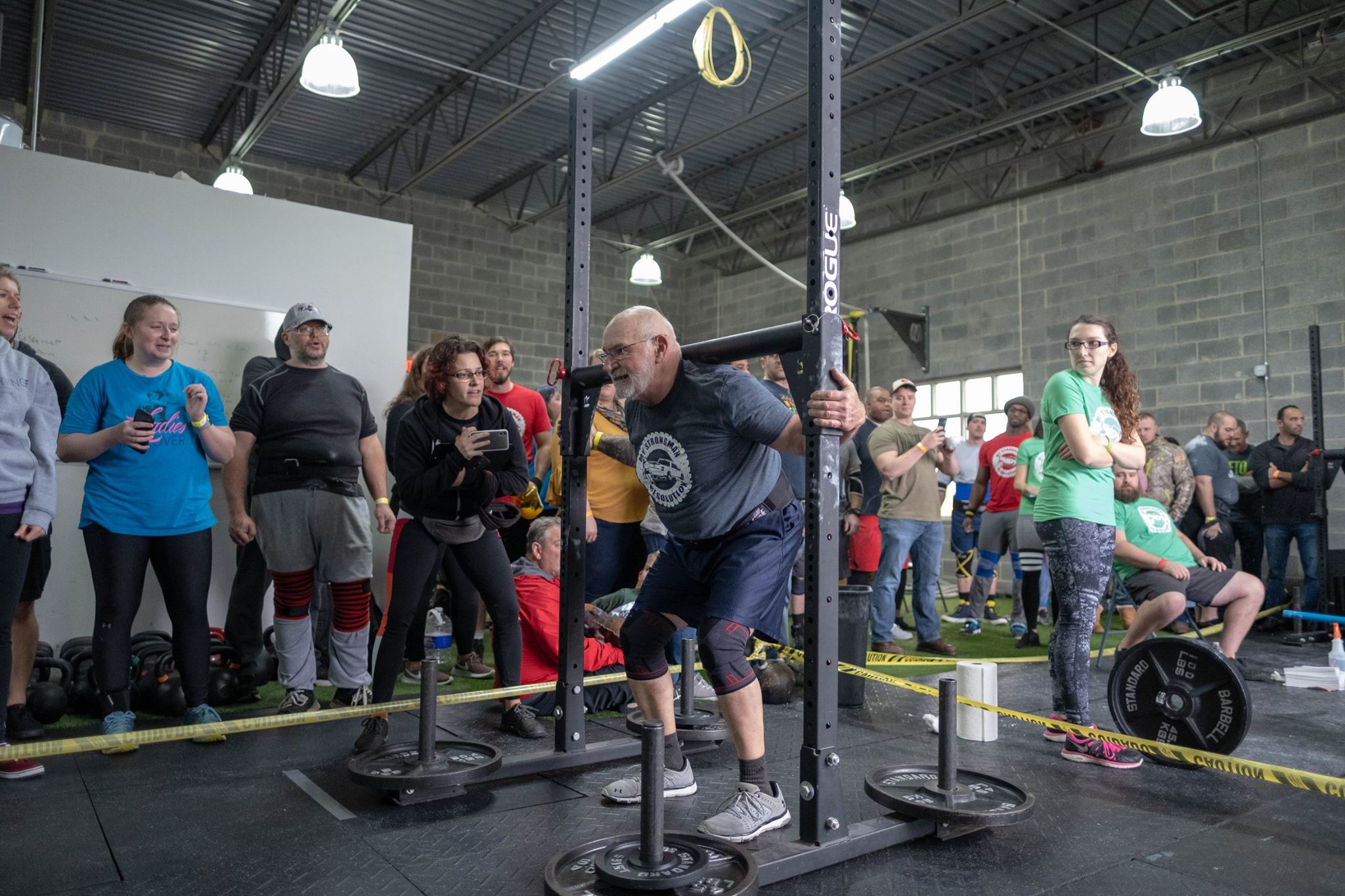
Whether you’re brand new to coaching or you’re a seasoned pro, it matters how you act at a competition. When coaching, you represent your brand and the sport at large, and you set an example for your athletes and for future coaches.
Bearing all that in mind, here are some easy ways to not be a d!ck when coaching at a competition:
Before the Competition
- Read all the rules and event descriptions thoroughly prior to the competition. If you have questions, do some of your own research before reaching out to the promoter. The promoter is juggling a lot of other things (probably including a full-time job and a family), so they can’t always respond to your questions right away. They’ll appreciate it if you read carefully to avoid asking questions that have already been answered.
During Warmups
- Help athletes in the warmup area load plates. Promoters (should) do their best to have volunteers available to help with loading warmup implements, but that isn’t always the case. Think about what you’d like to have happen when you compete: it’s really nice when someone else handles the plate loading.
- Share equipment with other athletes. Try to share with people of a similar size and experience to streamline things, and be polite when working in with others.
- Warmup equipment is generally pretty limited, especially if there’s a speciality implement involved. If your athlete is in a heavier weight class or going later in the day, let smaller athletes and those going sooner complete their warmups first.
During the Competition
- Don’t coach other people’s athletes or people who haven’t asked for your help. Support them. Cheer for them. But don’t coach them.
- Stay off the competition floor. It doesn’t matter how famous you are on social media or how well you know the promoter. Having extra people on the floor (i.e. anyone who’s not an athlete or volunteer) creates confusion, presents safety risks, blocks spectators from seeing the show, and can get in the way of live streaming for folks watching at home. We promise your athlete will still hear you coaching from behind the ropes.
- Be kind to judges and volunteers. Without them, there is no competition. They are not perfect, and they’re doing their best. If you have a concern, raise it politely.
- If you have scoring concerns, address them politely and through the proper channels. Remember that the scorekeeper is a volunteer who is handling a lot of incoming data all at once. They’re also human, and humans make mistakes. If possible, take your question to a group leader or the promoter first, and let them handle it rather than going directly to the scorekeeper. If you’re going to the scorekeeper, wait until they’re not actively entering data and can better focus on you and your concern.
In General
- Clean up after yourself and your athletes. Each attendee taking 60 seconds to clean up can save the promoter and volunteers a ton of work at the end of a very long day.
- Treat the equipment and the venue with respect and encourage your athletes to do the same.
- Put yourself in the athletes’ shoes. Try to provide the kind of experience for them that you want for yourself when you compete.
It costs you nothing extra to show up with respect and camaraderie in mind, and you have the opportunity to make a lasting impression on the people you meet. Make sure that impression is a positive one.



